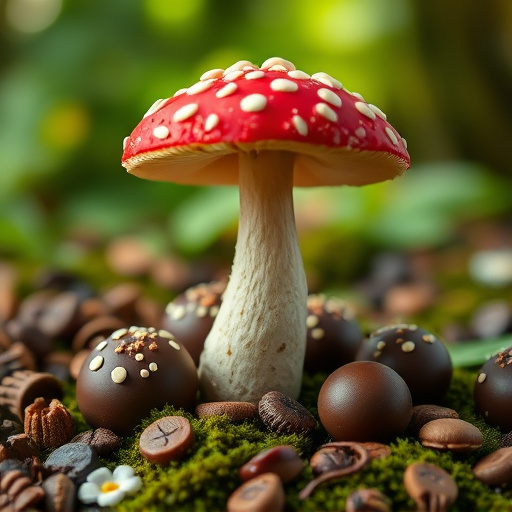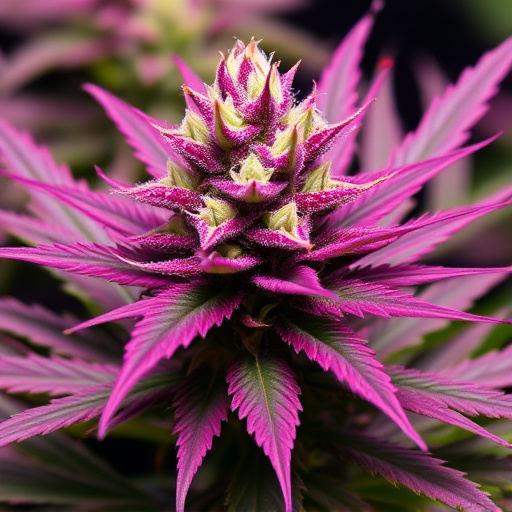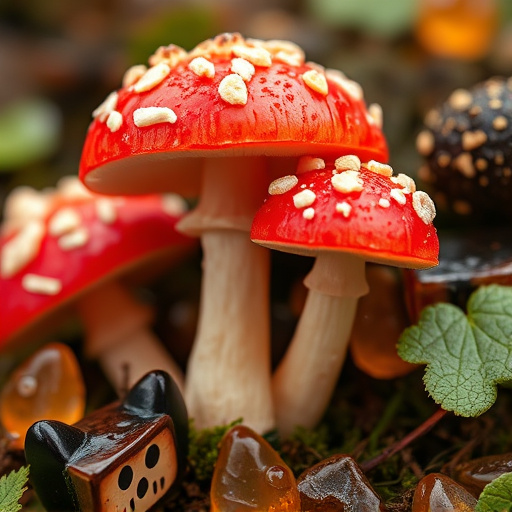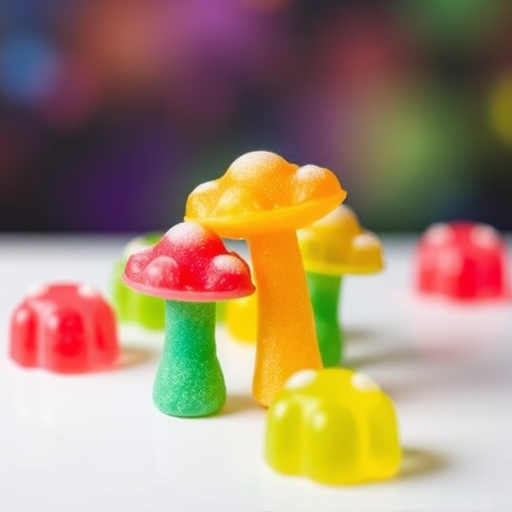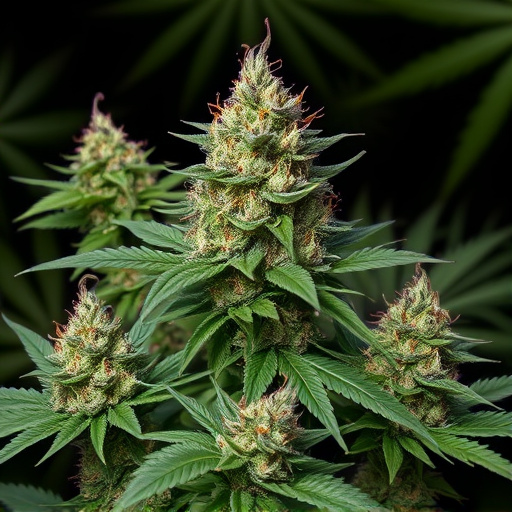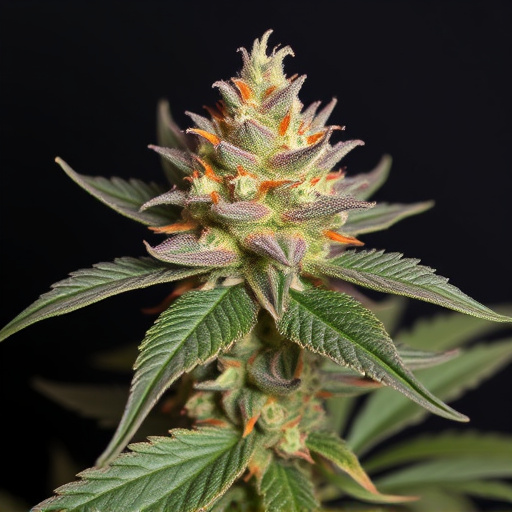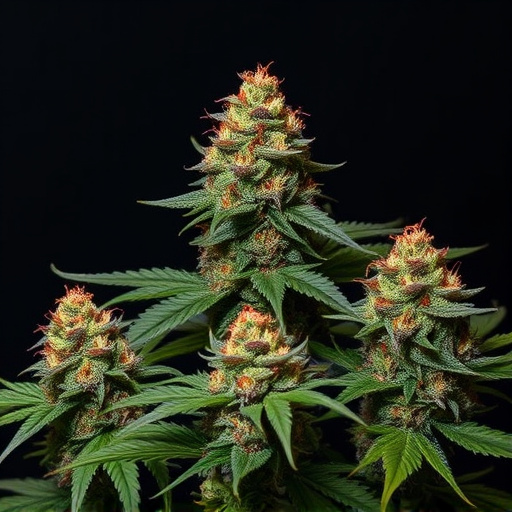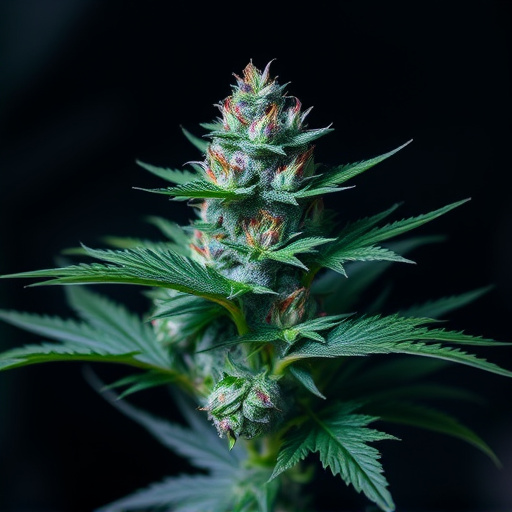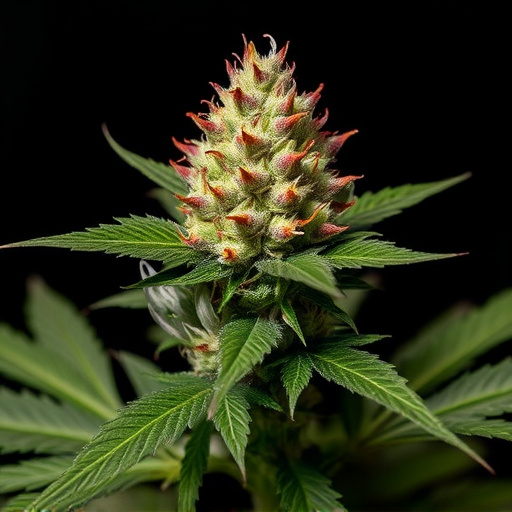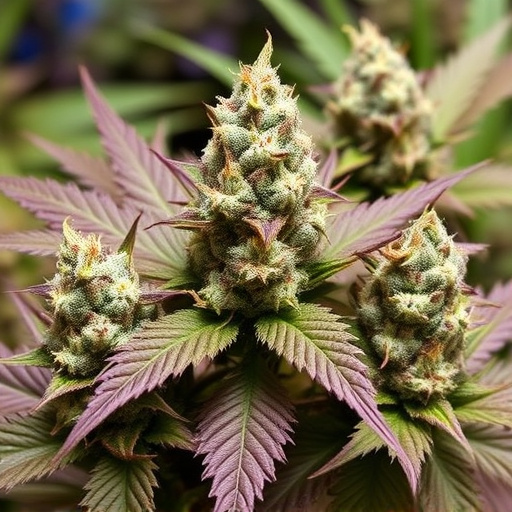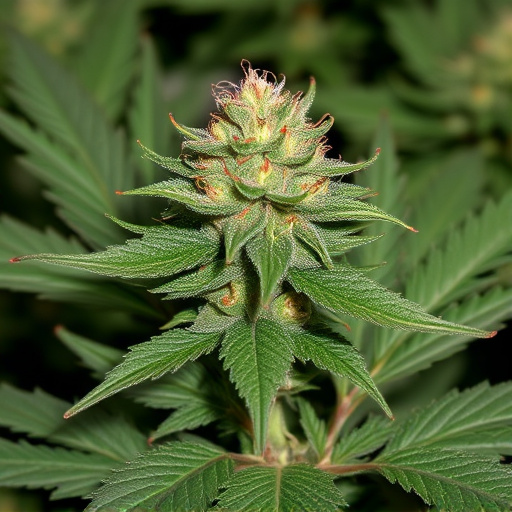Hybrid weed strains, combining THC and CBD, offer a spectrum of potential mental health benefits without intense psychoactive effects. These blends cater to diverse needs, from anxiety and depression to insomnia and PTSD, through a combination of Indica and Sativa traits or high-CBD sedative effects. However, our understanding of their complex interactions and long-term effects is limited, requiring future research focusing on personalized medicine approaches based on terpene and cannabinoid ratios to unlock tailored treatments for mental health conditions using hybrid weed strains.
Can cannabis flower offer a natural path to improved mental well-being? This article delves into the potential benefits of cannabis, focusing on its effect on various mental health conditions. We explore how understanding cannabis’ complex compounds, known as cannabinoids, can lead to tailored treatment approaches using specific hybrid weed strains. By examining current research and future directions, this guide offers insights for those seeking alternative solutions in the ever-evolving landscape of mental healthcare.
- Understanding Cannabis Flower and Its Effects on Mental Health
- Exploring Hybrid Weed Strains for Specific Mental Health Conditions
- Considerations and Future Research Directions
Understanding Cannabis Flower and Its Effects on Mental Health
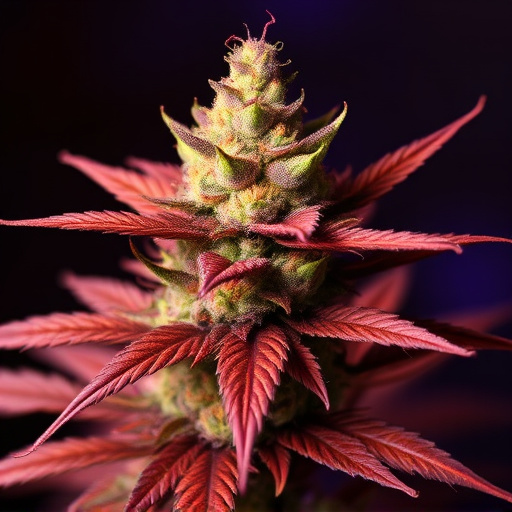
Cannabis flower, derived from the cannabis plant, has gained significant attention for its potential benefits in improving mental health. It contains various chemical compounds known as cannabinoids, including THC (tetrahydrocannabinol) and CBD (cannabidiol), which interact with the body’s endocannabinoid system to produce therapeutic effects. These hybrid weed strains offer a range of experiences and potential mental health benefits.
THC is known for its psychoactive properties, often linked to feelings of relaxation, euphoria, and heightened sensory perception. This can be beneficial for managing stress, anxiety, and depression by altering brain activity and neurotransmitter release. On the other hand, CBD does not produce a “high” but has gained popularity due to its anti-inflammatory, anxiolytic (anxiety-reducing), and antipsychotic properties. Hybrid strains that balance THC and CBD levels can provide a more nuanced effect, potentially offering relief from various mental health conditions without the intense cognitive alterations associated with high-THC strains.
Exploring Hybrid Weed Strains for Specific Mental Health Conditions
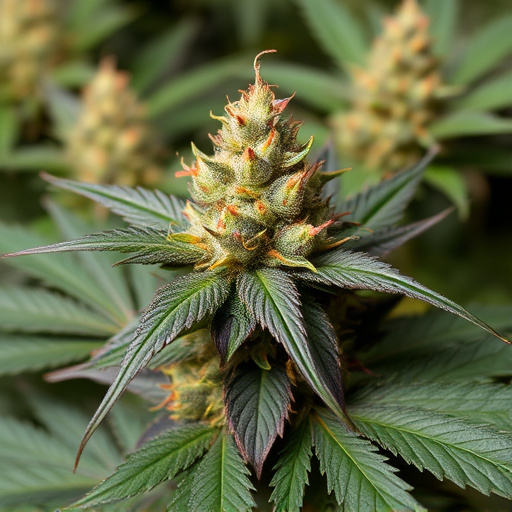
Cannabis enthusiasts and those seeking natural solutions for mental health issues have turned their attention to hybrid weed strains, which offer a wide range of potential benefits tailored to specific conditions. These hybrids combine different cannabis plant varieties, each with distinct chemical profiles, to create unique effects. For instance, a strain known as “Indica-Sativa Blend” might be recommended for anxiety and stress relief, leveraging the calming properties of Indica while maintaining Sativa’s uplifting and energizing qualities.
When exploring hybrid weed strains, it’s crucial to consider the specific mental health condition you’re aiming to address. Some hybrids are popular for treating depression due to their ability to stimulate dopamine release, while others may be more effective for insomnia or PTSD, thanks to their high CBD content or potent sedative effects. Understanding the chemical composition and intended effects of these strains is essential in making an informed decision that aligns with your unique needs.
Considerations and Future Research Directions

While research into cannabis’ impact on mental health is growing, there are still many considerations and knowledge gaps to address. The majority of existing studies focus on the effects of specific cannabis compounds, like THC and CBD, rather than exploring the potential benefits of hybrid weed strains as a whole. Understanding how different strain profiles interact with various mental health conditions requires further investigation. Future research should also delve into long-term effects, as many current studies have limited follow-up periods, making it challenging to assess sustained impacts. Additionally, diverse study populations are essential to ensure findings are applicable across genders, ages, and cultural backgrounds.
More in-depth exploration of the complex relationship between cannabis consumption, mental health, and potential mechanisms of action is needed. This includes examining not only symptoms reduction but also the role of hybrid weed strains in enhancing coping strategies and improving overall well-being. Given the diverse range of strain attributes (e.g., terpene profiles, cannabinoid ratios), personalized medicine approaches could offer tailored treatments for specific mental health disorders.
Cannabis flower’s potential to enhance mental well-being is an intriguing area of study. With various hybrid weed strains offering unique combinations of cannabinoids, there is a growing interest in tailoring treatments to specific mental health conditions. While research is still evolving, the exploration of these hybrid strains presents promising avenues for managing symptoms and improving quality of life. Future studies should focus on expanding knowledge about cannabis’s complex interactions with the endocannabinoid system and individual patient responses to different strains.

